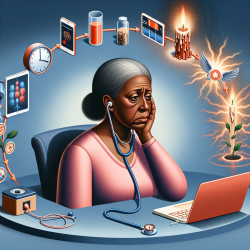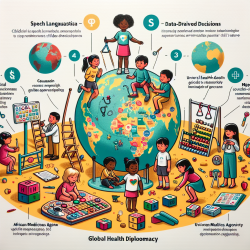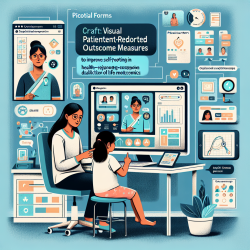The Lifeline You Need: 988 for Mississippi Schools
Suicide prevention is an urgent public health issue that affects individuals, families, and communities. In Mississippi, it is the third leading cause of death among adolescents and young adults aged 10 to 24. But there's hope. The 988 Suicide & Crisis Lifeline is here to offer a lifeline for those in crisis, providing free and confidential support 24/7.
Understanding 988: A Vital Resource
The 988 Lifeline is a three-digit phone number that connects individuals to trained crisis counselors who offer compassionate care and support. Whether you're experiencing suicidal thoughts, mental health crises, or substance use issues, 988 is available for anyone in need, including students, school personnel, and families.
Why Schools Should Promote 988
Schools are in a unique position to help students who may be in crisis. By promoting the 988 Lifeline, schools can provide students with a critical resource for mental health support. Here are some ways schools can integrate 988 into their community:
- Educate students and staff about the 988 Lifeline.
- Display 988 posters and materials around the school.
- Include 988 information in newsletters and on student IDs.
- Utilize resources like the Preventing Suicide: A Toolkit for High Schools.
How 988 Works
When someone calls 988, they are connected to a local or national crisis center based on their location. Trained counselors listen, provide support, and connect individuals to necessary resources. The Lifeline also offers chat and text services, making it accessible to everyone, including those who may prefer digital communication.
Protective and Risk Factors
Understanding the factors that contribute to suicide risk is crucial. Risk factors can include mental health issues, substance use, and a history of trauma. Protective factors, such as strong relationships and access to mental health care, can help mitigate these risks. Schools can play a vital role in fostering these protective factors by creating supportive environments and promoting mental health resources like 988.
Programs and Training
Mississippi schools can access various programs and training to enhance their suicide prevention efforts. Programs like the Signs of Suicide (SOS) and Youth Mental Health First Aid provide valuable skills and knowledge to support students in crisis. Additionally, initiatives like the Alliance Project offer training and resources to help schools respond effectively to suicide and mental health issues.
Conclusion
Suicide prevention requires a community effort, and schools are at the forefront of this battle. By promoting resources like the 988 Lifeline and implementing comprehensive prevention strategies, schools can make a significant impact in the lives of students and their families.
For more information, please follow this link.










